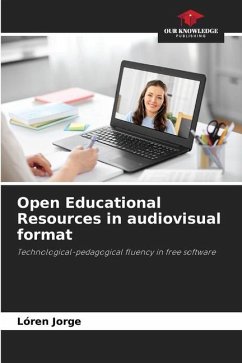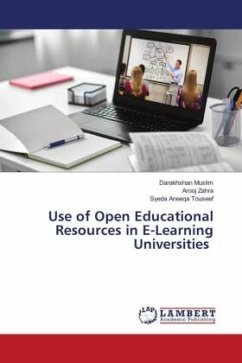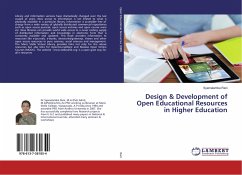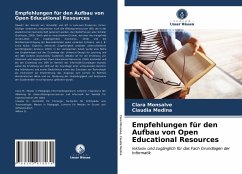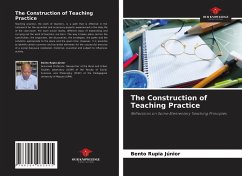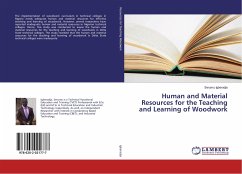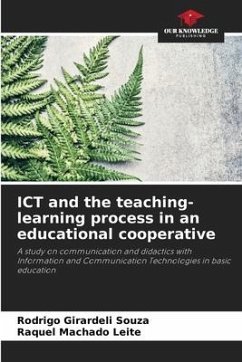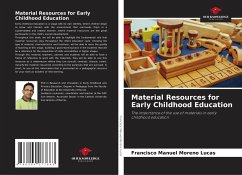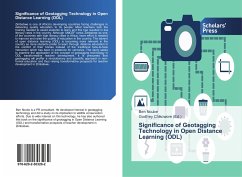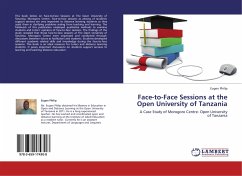
Recommendations for the construction of Open Educational Resources
inclusive and accessible for the subject of Basic Computer Science
Versandkostenfrei!
Versandfertig in 6-10 Tagen
41,99 €
inkl. MwSt.

PAYBACK Punkte
21 °P sammeln!
Although the use of virtuality and ICTs is increasingly frequent in the teaching-learning processes, not all educational resources (ER) generated in the academic community meet the needs of all students (Sanhueza, 2003), due to various reasons, among which we can mention their lack of universality and accessibility (Contreras, 2010), and not taking into account the particularities of each student as their culture, idiosyncrasy, ethnicity and/or diverse learning capabilities (Unesco, 2010). The present work generated a series of recommendations based on the Universal Design for Learning and the...
Although the use of virtuality and ICTs is increasingly frequent in the teaching-learning processes, not all educational resources (ER) generated in the academic community meet the needs of all students (Sanhueza, 2003), due to various reasons, among which we can mention their lack of universality and accessibility (Contreras, 2010), and not taking into account the particularities of each student as their culture, idiosyncrasy, ethnicity and/or diverse learning capabilities (Unesco, 2010). The present work generated a series of recommendations based on the Universal Design for Learning and the Web Content Accessibility Guidelines (WCAG) ref for the construction of inclusive and accessible Open Educational Resources, testing them in the creation of OER in the area of basic Computer Science, favoring the creation of OER from a deep knowledge of the individual and their needs, as well as the use of technology as a tool that facilitates access to learning within a framework of democratic values, and favoring the independence and autonomy of students in the learning process.



